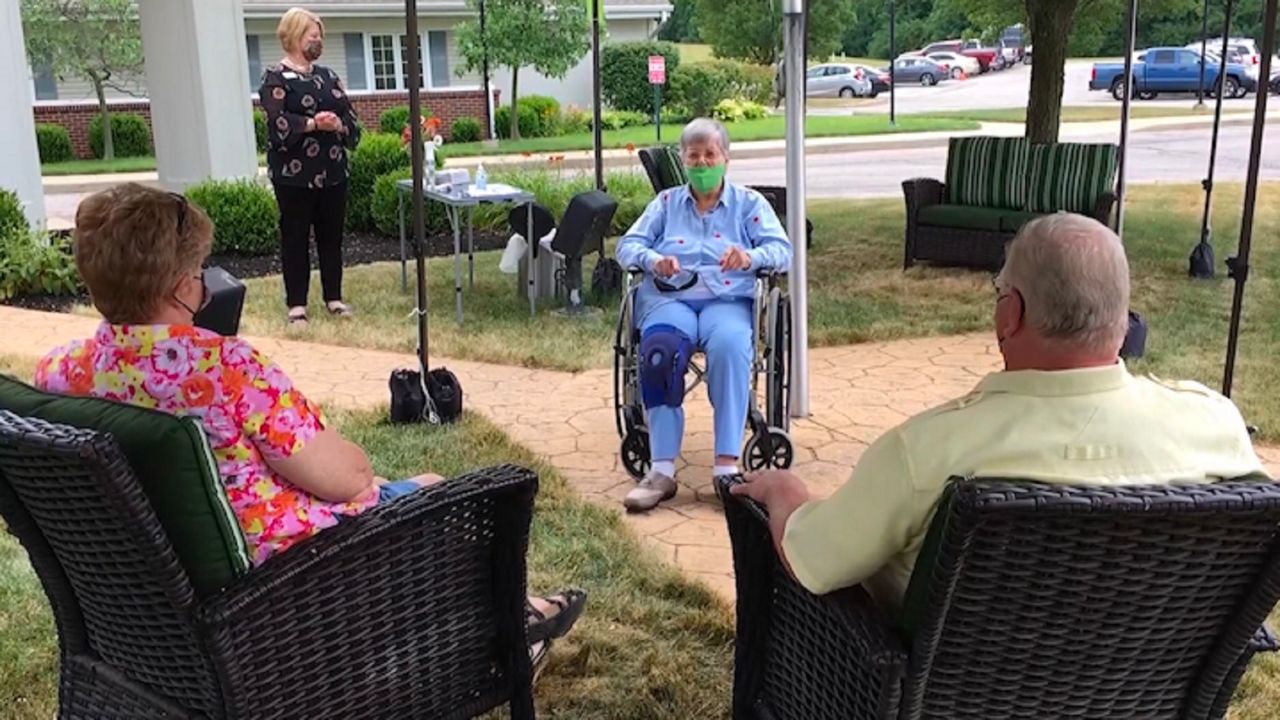Deaths in nursing homes during the coronavirus pandemic, Gov. Andrew Cuomo on Friday said, are in many instances inevitable. Elderly people are vulnerable to the virus as are people who live in group settings.
Cuomo has previously compared COVID in nursing homes to fire racing through dry grass. But advocates and researchers hope Attorney General Letitia James's report will lead to changes in policy and transparency in New York.
"What we're hoping for is this report will spur change in a positive direction," said Maria Alvarez, the executive director of the Statewide Senior Action Council.
Alvarez has tracked problems in nursing homes in New York well before the pandemic and the problems highlighted by James's investigation -- a lack of personal protective equipment and staff during the early days of the crisis -- were familiar issues for her.
"A lot of these things have been happening without the input of the community," she said. "When you have sick staff, sick patients, people not available to care for those in the most vulnerable state, of course we're going to have a big problem."
Whether policies toward nursing homes and long-term care facilities can or will change is unclear. The report laid out a package of recommendations for the state Department of Health to implement in order to avoid more deaths.
Cuomo on Friday in part blamed the nursing homes for turning over what he said was unreliable data.
“The nursing homes were doing all this data in a hectic period," he said. "The OAG’s report also said, the data from the nursing homes is very sketchy. That’s why the department of health … has been auditing the data.”
The report's biggest piece of news, however, was the finding the Cuomo administration and health officials had undercounted the number of nursing home residents who died during the pandemic, spurring Health Commissioner Howard Zucker to release a breakdown of resident fatalities for the first time.
Bill Hammond, a health policy researcher with the fiscally conservative Empire Center, does not think releasing that number earlier would have saved lives.
"I think that's a stretch. I think it would have heightened the sensitivity to the situation in nursing homes," he said. "But by the time the death rate mounted, some of the worst decisions were already weeks in the past."
The Empire Center has sued the state Department of Health over access to more public information surrounding nursing homes and long-term care facilities during the pandemic.
That, in turn, could provide a better understanding of what went wrong and help develop policies to curtail deaths in the future.
"We want to get a fuller picture which facilities handled this pandemic as well as possible and which ones struggled with it the most and maybe you can find patterns and explanations for why the experience varied so much," Hammond said. "If you going to do that kind of analysis, you ought to do with the fullest data, which the health department has been hiding."



